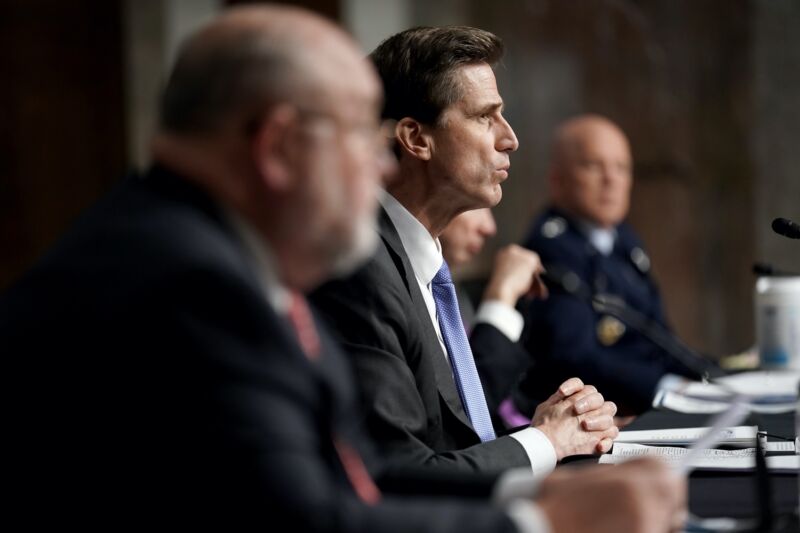-
chevron_right
Prescribing of testosterone for middle-aged women ’out of control’
news.movim.eu / TheGuardian · Friday, 5 July - 11:00
Experts warn of long-term health implications amid concerns over advice from social media ‘evangelists’
The prescribing of testosterone for middle-aged women is “out of control” and may have long-term implications for their health, experts have warned.
They are concerned that “testosterone evangelists” on social media – including some celebrities and GPs – are giving women the impression that the hormone will reduce fatigue and improve their energy levels, as well as protecting their heart, brain, muscles and bones. But experts say the evidence only supports its use in postmenopausal women with low libido, when psychosocial causes have been ruled out.
Continue reading...
